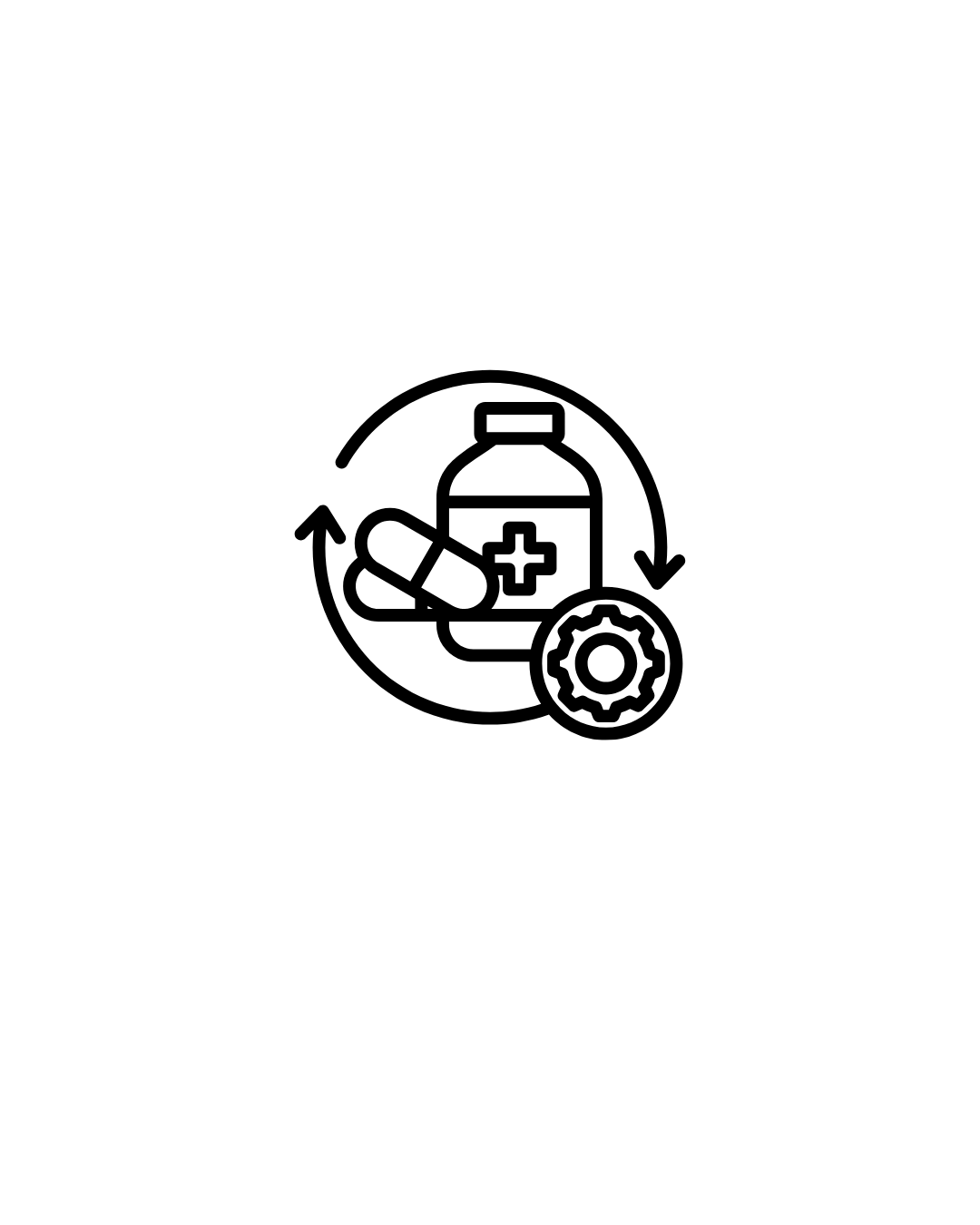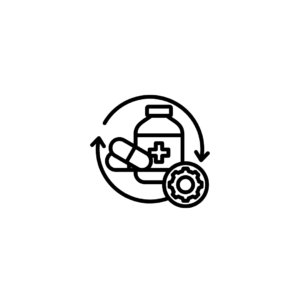Description
An MBA in Pharmaceutical Management is a specialized program aimed at equipping students with the skills and knowledge necessary to navigate the complexities of the pharmaceutical and healthcare industries. This program combines principles of business management with a strong understanding of pharmaceuticals, biotech, and healthcare systems. Here?s what you can expect from this specialization:
Core Components
Pharmaceutical Marketing:
Strategies for marketing pharmaceutical products, understanding regulatory environments, and effective communication with healthcare professionals and patients.
Drug Development and Regulations:
Overview of the pharmaceutical development process, including research and development (R&D), clinical trials, and regulatory requirements established by organizations like the FDA and EMA.
Healthcare Systems Management:
Understanding healthcare delivery systems, including the roles of hospitals, clinics, insurers, and regulatory entities in the pharmaceutical landscape.
Strategic Management in Pharmaceuticals:
Developing strategic plans for pharmaceutical companies, including competitive analysis, market entry strategies, and product lifecycle management.
Supply Chain Management in Pharma:
Focusing on the unique aspects of supply chain management in the pharmaceutical sector, including logistics, distribution networks, and inventory management.
Financial Management in Pharmaceuticals:
Financial principles related to the pharmaceutical industry, including funding R&D, pricing strategies, and managing healthcare product portfolios.
Pharmaceutical Law and Ethics:
Studying legal and ethical considerations relevant to the pharmaceutical industry, such as intellectual property, compliance, and ethical marketing practices.
Global Pharmaceutical Operations:
Insights into operating in global markets, including international regulations, health policy, and cross-border trade in pharmaceuticals.
Skills Developed
Analytical Skills: Ability to analyze market data and industry trends to inform business strategies.
Strategic Thinking: Developing and implementing strategic initiatives tailored to the pharmaceutical sector.
Communication Skills: Effectively conveying complex information to diverse stakeholders, including patients, healthcare providers, and regulatory bodies.
Project Management: Skills for overseeing projects related to drug development, marketing launches, and other key initiatives.
Career Opportunities
Graduates of an MBA in Pharmaceutical Management can pursue various roles, including:
Pharmaceutical Brand Manager
Product Manager in a Pharma Company
Market Access Manager
Regulatory Affairs Specialist
Business Development Manager
Healthcare Consultant
Director of Pharmaceutical Sales
Networking and Practical Experience
Many programs emphasize experiential learning opportunities through internships, real-world projects, and networking with industry professionals, which are crucial for building connections in the pharmaceutical sector.
Conclusion
An MBA in Pharmaceutical Management offers a comprehensive understanding of both business management and the specific challenges faced by the pharmaceutical industry. It prepares you for a rewarding career in a sector that significantly impacts public health and innovation. If you have specific questions about the curriculum, career paths, or how this degree aligns with your goals, feel free to ask!









